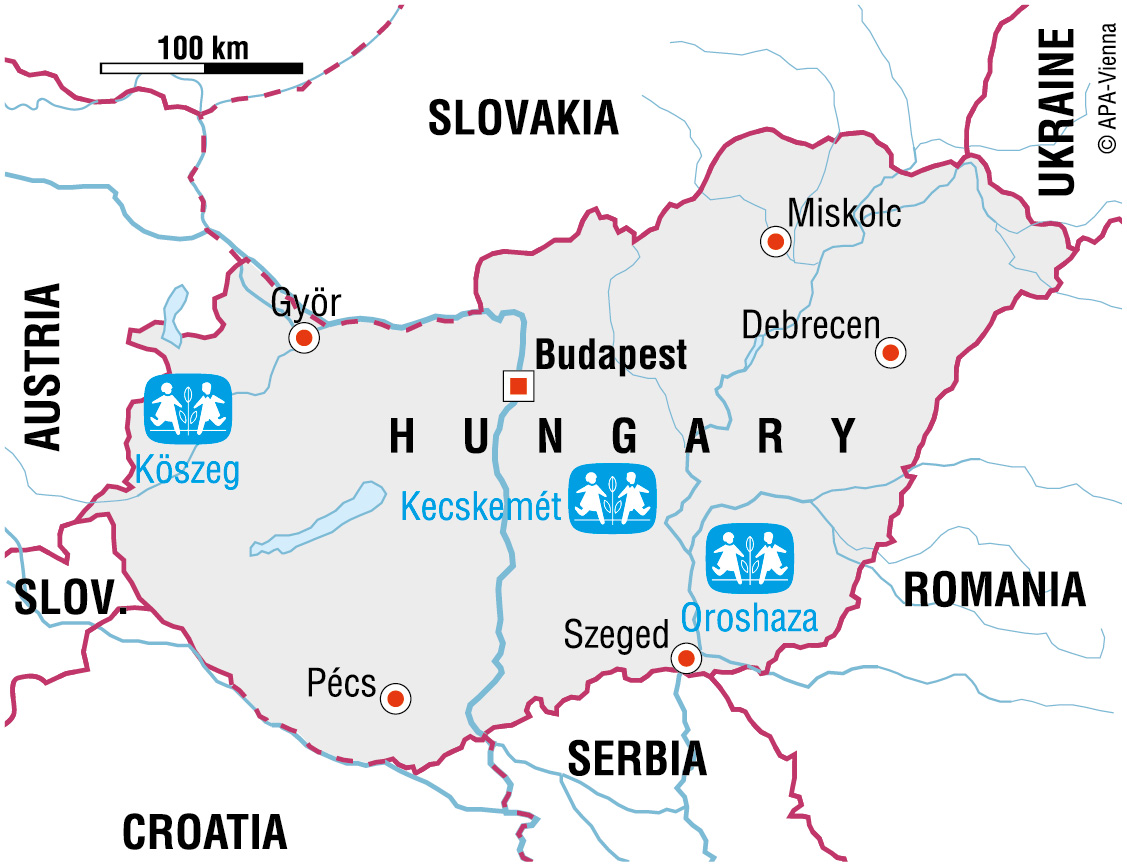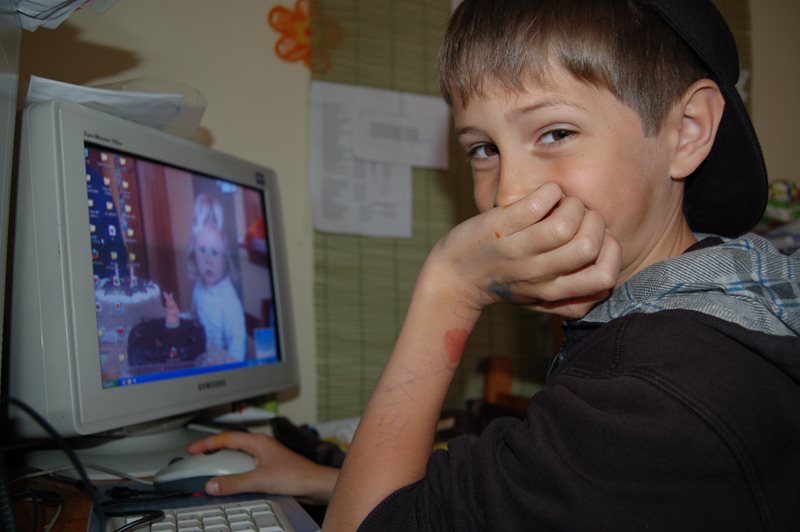
Vi er i Hungary
Hungarians have experienced many changes in the past decades

The Republic of Hungary lies in central Europe; the capital city is Budapest with approximately 1.7 million inhabitants. The population is around ten million (2019 est.), of which 90 per cent is Hungarian and five per cent is Roma and Sinti. Children and young people under the age of 18account for around 17 per cent of the population.
Hungary became independent from the Soviet Union in the late 1980s and in the spring of 1990, the first free elections were held. Hungary joined NATO in 1999 and, became a member of the European Union in 2004.
Families suffer due to poverty
Most Hungarians work in the service industry. Tourism is an important source of income; Hungary attracts over ten million tourists a year. Around a third of the working population is employed in industry and about five per cent works in agriculture
In a country where around 14 per cent of the population lives below the nationally-defined poverty line, the changes in social welfare programmes can have a devastating effect on many families.
Hungary has one of the lowest life expectancies of the European Union. Cardiovascular diseases cause most deaths. Basic services such as health and support for families need more support./p>
The Roma and Sinti minorities have been particularly affected by the economic and social changes of the recent decades. According to human rights organisations, Roma continue to face discrimination in fields such as employment, education and housing.
Poverty and lack of future employment for children and young people

The recent social, political and economic changes have also led to changes in the lives of children. Around a third of children are poor: a high percentage of these come from Roma and Sinti backgrounds.
The Hungarian government has approved legislation to improve the life of children, but there is often a lack of resources and qualified professionals to carry through these reforms. Reports from local agencies conclude that vulnerable families are not given enough economic or psychological support to care for their children.
The government has taken measures to protect the rights of children who are taken into care. For example, it has built modern small-scale homes which are closer to the families of origin. However, children with disabilities who are taken into care are still placed in big institutions.
SOS Children's Villages in Hungary
Strengthen Families: Since 2011, we have been working with the local communities and agencies to support children and their families so that the children can grow up within a caring family environment. The help we provide varies depending on the needs of each family but can include counselling, and social and material support.
Care in families: Children who have lost parental care can find a loving home in SOS foster families, where brothers and sisters can grow up together. All foster families are selected and trained by SOS Children's Villages and we provide continuous social and emotional support
The SOS foster families live in homes that are integrated into the community. Living in the community gives children the chance to develop closer relationships with local families. These relationships will support them as they grow.
Support for young people: SOS Children's Villages also provides guidance and support for young people until they are able to live independently.
Advocacy: SOS Children's Villages works with the government and other agencies to promote social reform that improves the rights of children in the country.
Website of SOS Children's Villages Hungary
(available in Hungarian)